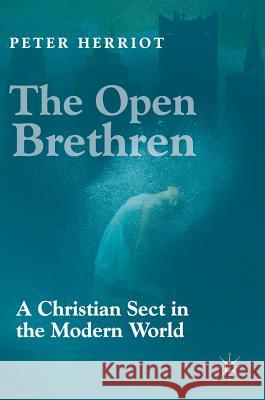The Open Brethren: A Christian Sect in the Modern World » książka
topmenu
The Open Brethren: A Christian Sect in the Modern World
ISBN-13: 9783030032180 / Angielski / Twarda / 2018 / 194 str.
The Open Brethren: A Christian Sect in the Modern World
ISBN-13: 9783030032180 / Angielski / Twarda / 2018 / 194 str.
cena 342,14
(netto: 325,85 VAT: 5%)
Najniższa cena z 30 dni: 327,68
(netto: 325,85 VAT: 5%)
Najniższa cena z 30 dni: 327,68
Termin realizacji zamówienia:
ok. 16-18 dni roboczych.
ok. 16-18 dni roboczych.
Darmowa dostawa!
Kategorie:
Kategorie BISAC:
Wydawca:
Palgrave MacMillan
Język:
Angielski
ISBN-13:
9783030032180
Rok wydania:
2018
Wydanie:
2018
Ilość stron:
194
Waga:
0.40 kg
Wymiary:
21.01 x 14.81 x 1.27
Oprawa:
Twarda
Wolumenów:
01
Dodatkowe informacje:
Glosariusz/słownik
Wydanie ilustrowane
Wydanie ilustrowane











